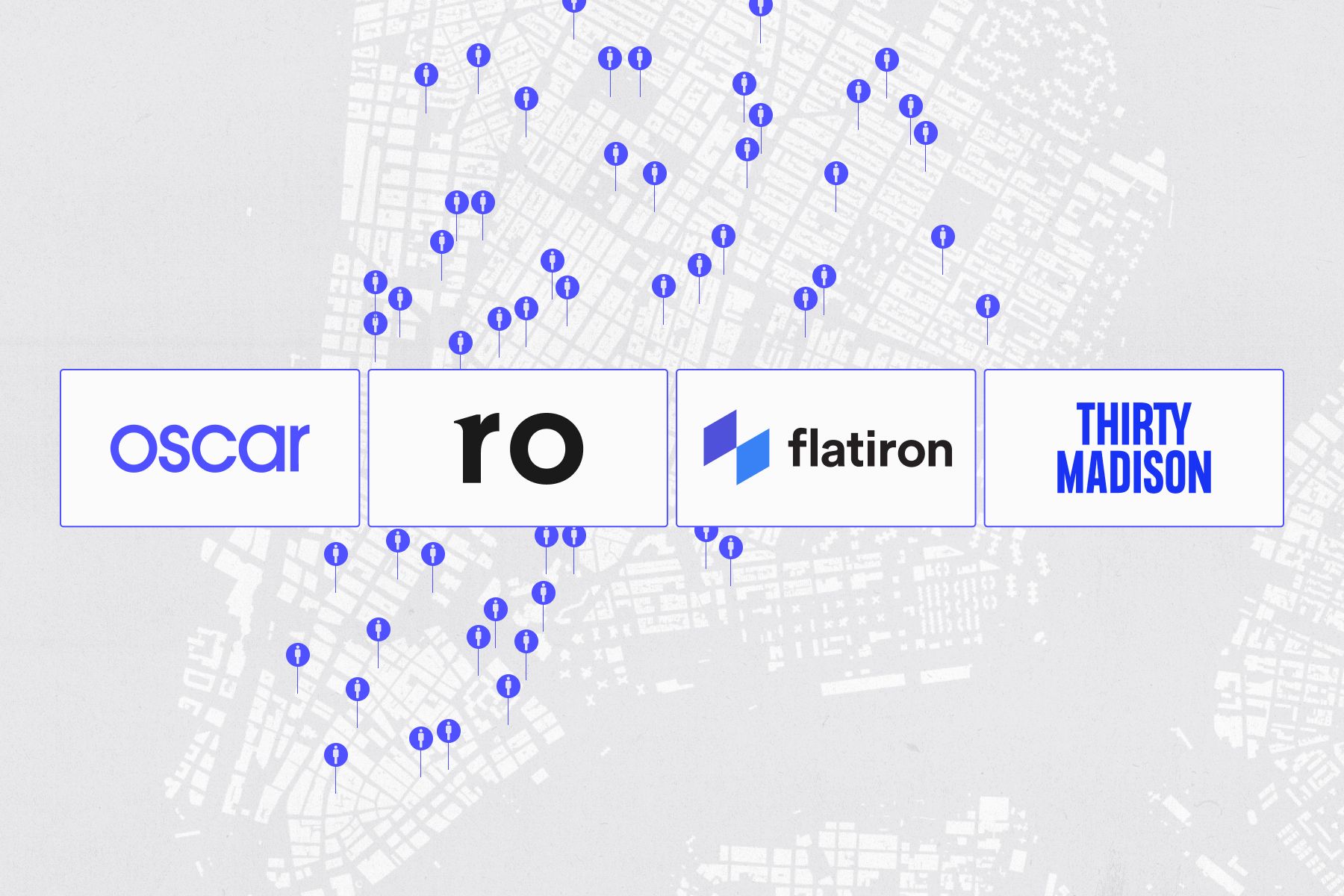Supercharging Humans: The Rise of Tech-Enabled Services

While advancements in machine learning, robotics, and computer vision have and will continue to automate many tasks done by humans, tech-enabled services may actually be the most accessible and efficient way to leverage this technology in the near future. Nina Achadjian explores some of the emerging tech-enabled services leaders, by industry.
Anyone who has driven down 101 Highway connecting Silicon Valley to San Francisco cannot help but notice the endless billboards prophesying the imminent takeover of humans by technology. Perhaps the greatest example of fear-mongering is Prudential Financial’s latest billboard: “Robots can’t take over your job if you’re already retired.”
While advancements in machine learning, robotics, and computer vision have and will continue to automate many tasks done by humans, tech-enabled services may actually be the most accessible and efficient way to leverage this technology in the near future. Companies offering tech-enabled services bundle software and humans to provide “superhumans-as-a-service” as a turnkey solution. These companies leverage their own employees, combined with machine learning and AI, to scale the number of customers they can serve. For example, instead of the traditional lawyer being able to support a maximum of ten clients a month, using machine learning software, this same lawyer can now support a hundred clients a month, while offering a better service.
For the customer, instead of having to buy software and pour hours performing necessary tasks outside of their core competency, they get access to top technology and a ‘supercharged human’ who delivers a faster and more accurate service. These businesses can now leverage cutting edge technology advancements so that they can focus 100% on their actual business and automate everything else. Take accounting, for example: rather than buying accounting software and reconciling financials themselves, a customer can simply pay a monthly fee for a dedicated accountant who sends them an accurate, detailed financial report at the end of the month.
There are many business functions that cannot yet be fully replaced with technology but can be greatly enhanced. While the technology is much-touted, it is still only able to perform repetitive, but relatively "simple" tasks at enormous speeds. Humans still have the edge in versatility, creativity and the ability to provide a “human" touch. An e-commerce business, for instance, will still want an actual human being to jump in when a complicated customer issue escalates. A healthcare provider will still refer you to an actual doctor instead of an AI chatbot to write a prescription. And a business executive will still want an executive assistant to help her or him run the business smoothly even though many of their previous tasks can now be streamlined leveraging technology.
Over the past year, we’ve seen some great startups emerge that offer tech-enabled services across several specialized business processes. These are some of the fastest-growing companies out there as they solve what otherwise is often a massive headache for the end customer. Thanks to their proprietary software, they are able to scale efficiently because each one of their employees is able to serve an order of magnitude more customers.
Here are some of the emerging tech-enabled services leaders, by industry:
Accounting:
Pilot offers small businesses access to expert bookkeepers, powered by AI and machine learning software. Their in-house accountants use Pilot’s proprietary software to provide accounting and bookkeeping to customers in an automated way.
Customer Booking:
OnCue provides booking-as-a-service to residential moving companies. Their call center is able to have higher conversion due to their internal software.
Data Labeling:
Scale.ai uses a combination of best-in-class machine learning software and humans to label data sets. This makes it possible for Scale employees to label objects in a photo in a fraction of the time it would take manually.
Design:
Plato Design providers startups with designers. Plato’s software helps designers support many projects at a fraction of the cost.
Executive Assistant:
Double offers “Doubles,” or highly trained executive assistants as a service. Their EAs use the Double software to be able to individually support more executives.
Healthcare:
CorteX has an in-house care management staff that automates outreach to help skilled nursing facilities follow up with the right patients at the right time.
IT Support:
Electric.ai is reinventing how businesses manage their IT security, support, and devices by making one IT engineer more efficient with software automation.
Personal Styling:
StitchFix scales its personal stylists with the software that it built to better understand their customers’ preferences.
Sales Coaching:
VoiceOps, using a combination of software and humans, draws insights for sales managers by listening to thousands of sales calls.
Security:
Expel offers 24x7 monitoring through its security operations center-as-a-service, integrating the security tools customers already use into its proprietary technology.
While most expectations of AI are decades ahead of what actual machine learning can do today, it’s exciting to start seeing the impact of this technology on our personal and business lives in terms of how much faster and more productive it can make us. However, humans are still very much at the center of everything we do. Only now, AI can make us superhumans.
Index Ventures is an investor in Double, Expel, Pilot and Scale.
Published — Sept. 10, 2019

